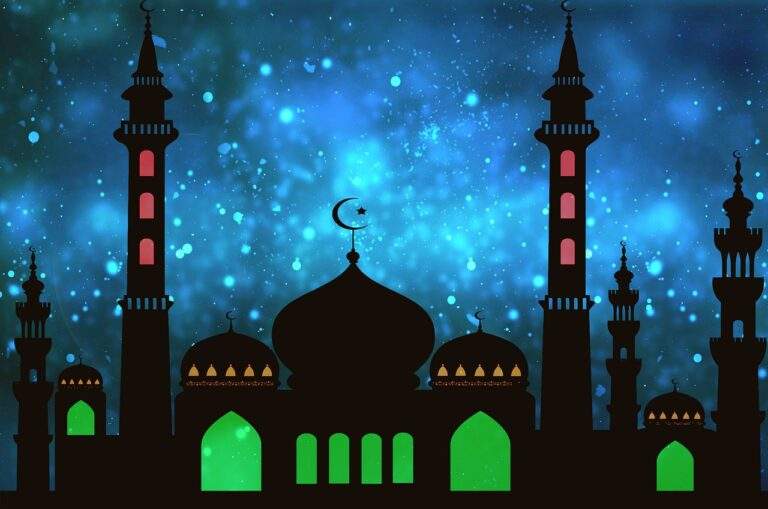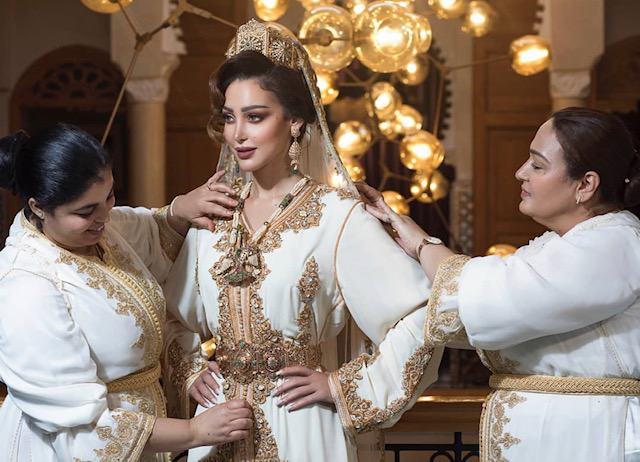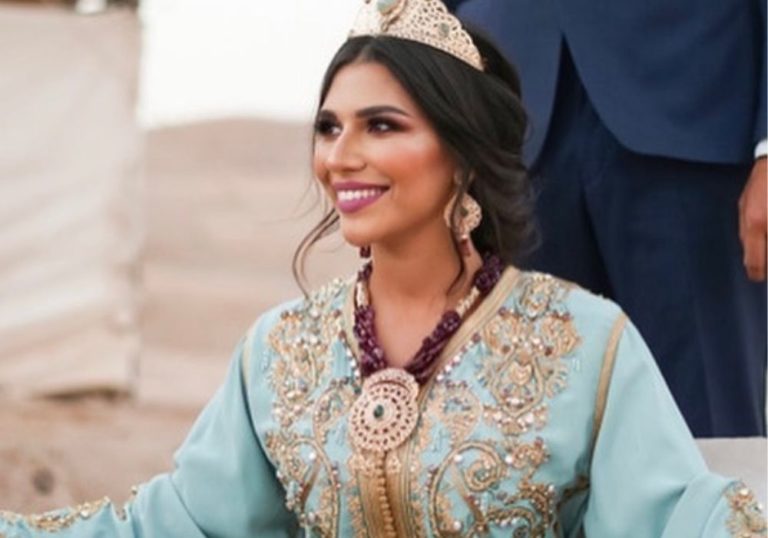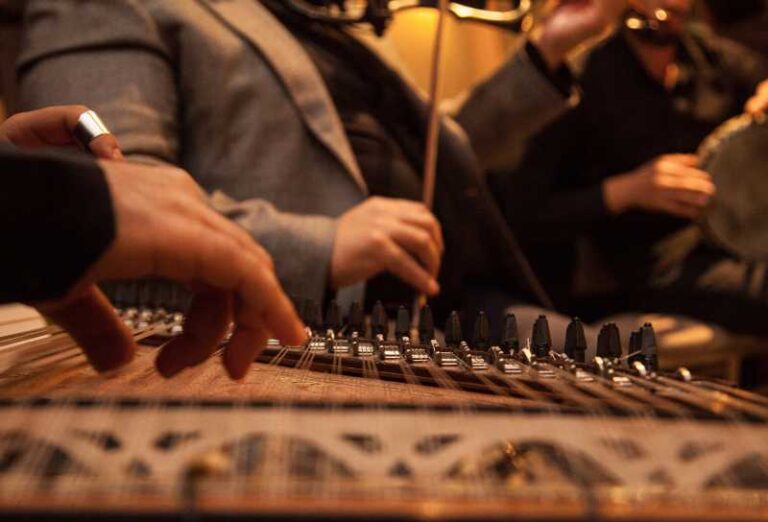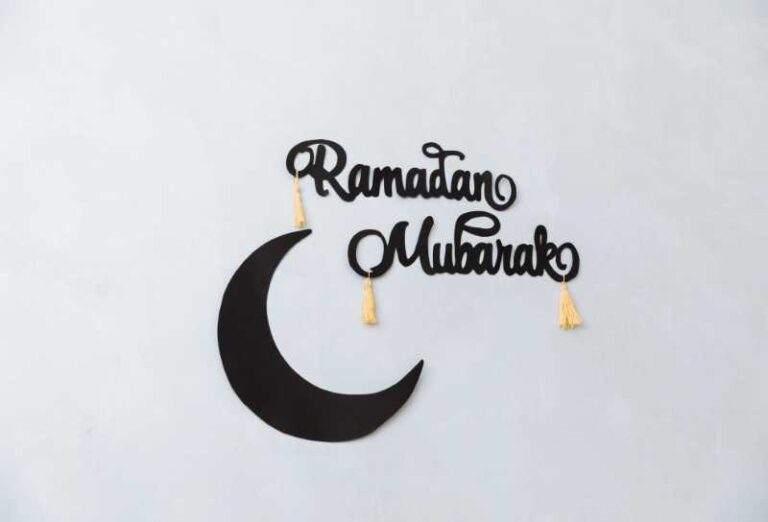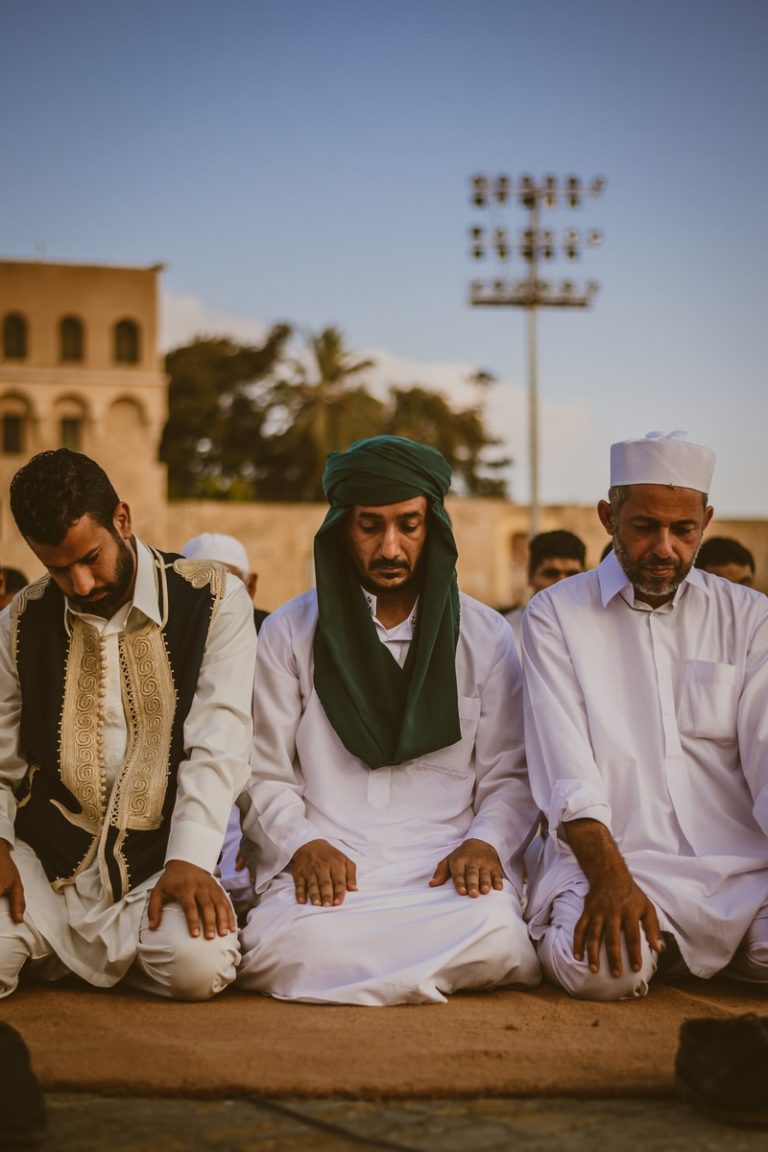Egypt: People, Culture, and traditions
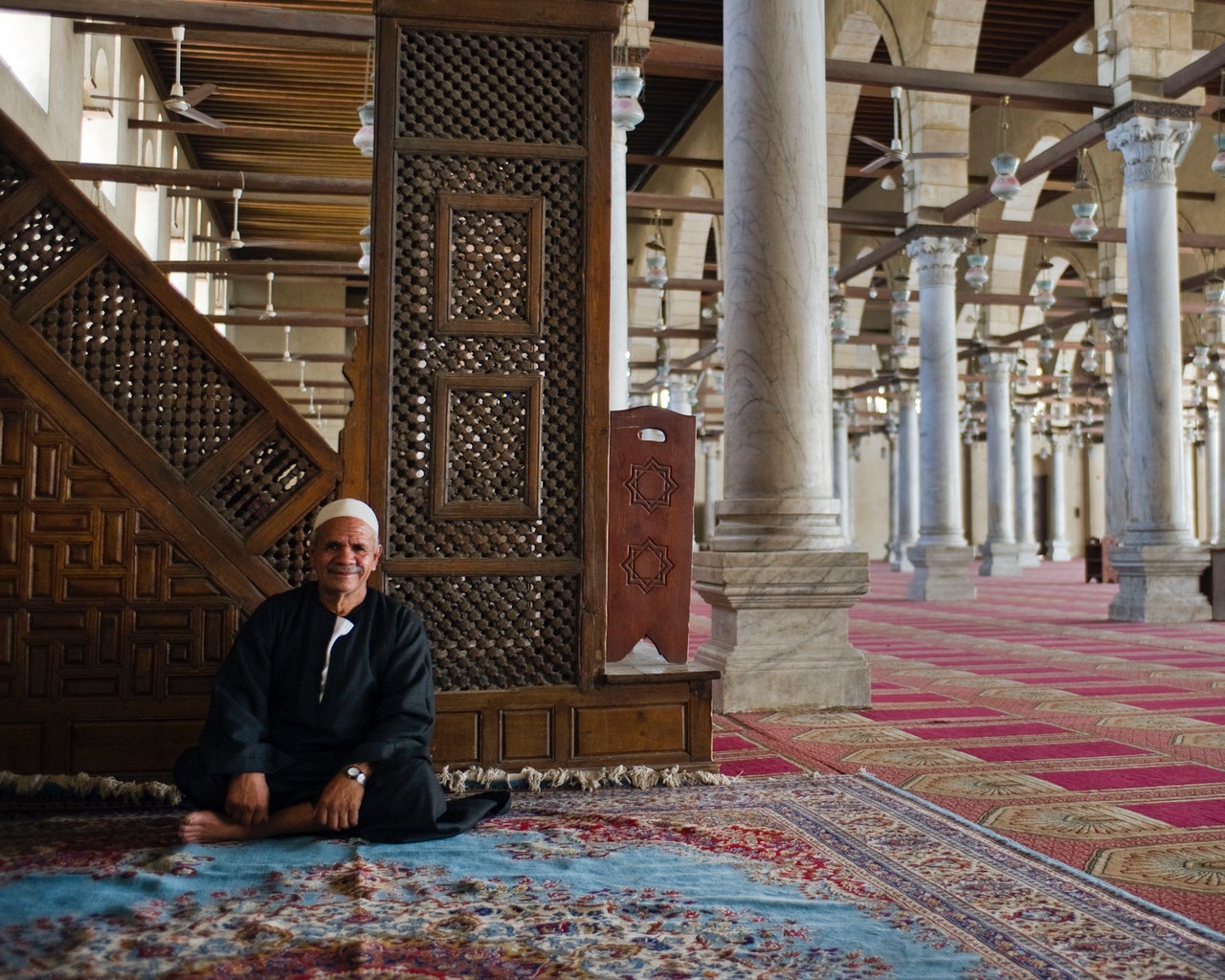
Egypt is a nation with a rich history and a deep cultural heritage.
The numerous landmarks and ancient monuments throughout the country demonstrate the fact that Egypt was home to one of the world’s earliest civilizations.
The country is filled with excitement and is home to kind and welcoming people. Its culture is truly unique and offers a wealth of experiences for visitors.
In this guide, we will delve into the various aspects of Egypt that make it such a culturally diverse and vibrant nation.
Table of Contents
Egypt, the country
The country is located in the northeast corner of Africa with only the Red Sea and the Sinai Peninsula connecting it to the Asian continent.
The significance of the geography of Egypt is extremely valuable as it’s the only Afro-Asian country.
The country borders Sudan to the south and Libya to the west with some tension in the borders. It is also very close to Saudi Arabia in both proximity and economy.
The Egyptian land itself is mostly covered by sand dunes with only a small portion of the land hosting almost all of the population and mostly around the Nile river.
Although Egyptian land can look very dry, the country has the Nile river which is the largest river in the world. The latter helps bring fresh water and irrigation which supports the country’s farming to supply food for all of Egypt.
Most believe that the Nile river is responsible for the flourishing culture, tradition, and historical sites.
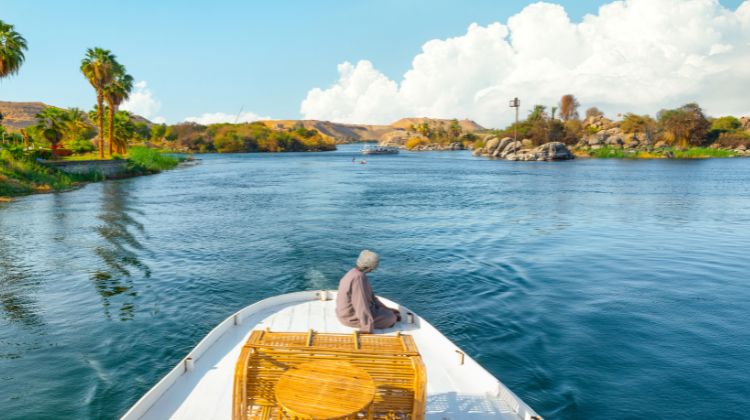
The people of Egypt
The population of Egypt is approximately 98 million, making it the largest Arab country in terms of population and among the top five in Africa.
The majority of Egyptians are of Arab descent, but there are also significant populations of Turks, Berbers, Europeans, Greeks, and Africans.
Egyptians mostly identify as Muslim and they have a lot of good commendable traits such as hospitality and helpfulness.
Egypt is considered the most iconic Arab country with world events being held there such as Festivals, conventions, Arab world meetings, and African union gatherings.
Egyptians are believed to be the first to ever create a nation around 5000 BC as it’s proven by the historical sites. Egypt went through dozens of kings, emperors, presidents, revolutions, and reforms.
In terms of Egyptian power, its geopolitical land helps it establish trade deals with many rich and prosperous countries such as Saudi Arabia and Europe through the Mediterranean Sea.
Egypt economy is regarded as one of the best in the Arab world with the strongest military in Africa.
The people of Egypt are a product of their culture which is extremely rich and vast. Around 3500 BC was the first time Egypt was separated into two halves by the Pharaohs.
Egyptian Culture
Egypt is perhaps the richest culture in the Arab and African world with thousands of films produced at Madinat al intag El Elamy studio.
In fact, Egyptian movies take up about two-thirds of all Arab films.
The Arabic language is the official language spoken by Egypt. However, just like neighboring Arab countries, Egyptian Arabic can look and sound different than other Arabic dialects.
Egyptians also speak English and French quite fluently due to the French and English protectorate period.
Egypt is also considered as a safe and culturally progressive country in the Arab world with Women making up a third of government officials.
Many Egyptian Christians and Jews live in the land peacefully with other Muslims, its largest metropolitan city, Cairo the capital, is also one of the most iconic and densely populated cities in Africa.
The Egyptian revolution in 2012 is also a significant phase in the development of Egyptian culture.
After a lot of debate has risen after the election of President Morsi which lead to a lot of fighting between secularists and the military against Islamists and the Islamic brotherhood.
However, thanks to the coup d’état by the minister of defense, El-Sisi who is a military was elected as a president with 97 percent of the votes and finally restoring order in 2014.
Perhaps one of the most iconic things about Egypt are the pyramids and historical sites. Khufu, Khafre, and Menkaure great pyramids were built to correspond to each king that lived.
The pyramids were also built during a time when Egypt was perhaps the most powerful and prosperous country in the world at the time.
Perhaps even more fascinating than the pyramids are what lies underneath and inside.
The pyramids were not only a place of worship and the place of royals, but it was also strategically built for the protection of the queen and the king.
The remains of the historical sites along with the scriptures, artifacts, objects, and monuments are considered as national and international historical sites.
Egyptian traditions
Egyptian traditions are shaped by the history of Egypt, therefore, much of the practices and traditions are derived from the past.
Egypt has a rich history and culture dating thousands of years back.
Egypt is among the earliest known civilizations and it is currently the oldest country.
The culture of Egypt has drastically changed and shifted due to many other conquests, kings, and cultures.
Just like most other Arab Islamic countries, Egyptians are known for their hospitality and willingness to help others.
This is largely due to the Islamic teachings as well as the nature of Egypt.
The country is home to many cultural and historic attractions in the world. So the people of Egypt are more accustomed to engaging with foreigners.
In terms of the social dynamics of the country, Islamic teachings are responsible for shaping the role of the family and the community.
This is why the family in Egypt, as well as the community, is tightly knit.
Families are bigger in Egypt and it’s very common to see the grandparents, parents, children, wives, and kids of the children, cousins, older siblings, and up to 15 people in one household.
This helps families bond together through thick and thin, and it especially helps everyone through financial struggles.
Marriage and social traditions are also shaped by Islamic teachings which is why some of the behaviors and celebrations follow the same pattern.
Egyptian weddings hold large gatherings of all members of the family, friends, and community leaders.
Most married couples live in the family home of the husband forming bigger families and connections.
Egyptian follow the Sunni Islamic faith which is why they fast for the month of Ramadan, celebrate eid Al Fitr, Eid Al Adha, and the celebration of the yearly Islamic calendar.
You can find mosques in almost any street which call for prayer five times per day.
Egyptian cuisine is also an interesting topic because it is shaped not only by the geography of the Nile river, but also by history, the Mediterranean, and the people.
Egypt is among the biggest producers of dates and artichokes thanks to the dry land and Nile river.
Egyptians love their food which is why celebrations include, preparing and sharing recipes, meals, and food prepared for occasions such as weddings, eid al Fitr, and eid al Adha.
Egyptian cuisine is also shaped by the Mediterranean style of eating mixed with a touch of Arabic cuisines which is why you find a lot of dishes such as rice-stuffed vegetables, dates, eggplant dip, shawarma, kebabs, and lamb kofta.
Egypt’s location, historical sites, culture, and people make it an ideal place for business, tourism, festivals, and just all-around a great place to visit.
The country has a rich and fascinating past that has shaped the way of living of the Egyptian people today.
Although Egypt now still struggles politically and financially, the nature of people in Egypt and their sense of unity helps them get through their hardships.

